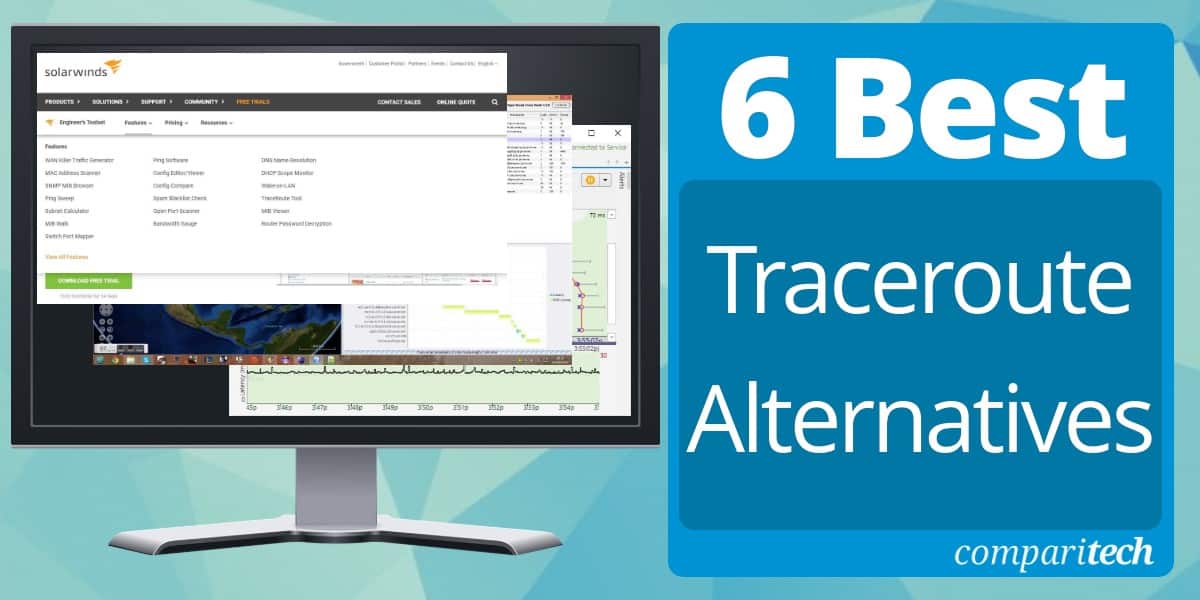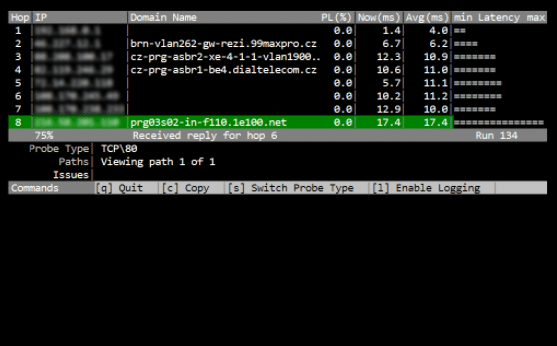

deb files, copy the files to your USB memory stick (or external hard drive) and set up the local repository as per the article mentioned previously. Once you have the apt-mirror configuration you want, run apt-mirror and go do something fun or life changing as it will take hours or days to get the repository (depending on your connection and the Ubuntu mirror you are using). If you are using a different architecture (you have 64bit, but your friend has 32 bit) then add the following at the start of the mirror.list configuration file: set defaultarch i386

If you just want the main files, remove the restricted, universe and multiverse names from the configuration file. deb files to be /tmp, make sure you have enough space so your hard drive does not fill up (if your hard drive does fill up and your computer freezes, /tmp should be cleared with a reboot). It is guesstimated that you will need around 15Gb of space for all 4 sections, without the source.

# use a mirror so you don't overload the main server!!!ĭeb lucid main restricted universe multiverseĭeb lucid-updates main restricted universe multiverse # The default configuration options (uncomment and change to override) deb files from all 4 sections (main, restricted, universe and multiverse) as well as the latest bug fixes. Here is a simple example that copies the binary. Only include the repository sections you want. Or since Ubuntu 14.04 gksudo gedit /etc/apt/mirror.list
Native traceroute for mac terminal without install install#
Install the package: sudo apt-get install apt-mirrorĪnd edit its configuration file gksudo gedit /etc/apt-mirror/mirror.list The apt-mirror package will help you create a custom mirror which should be smaller than the 30Gb of the full repository. If you have a decent sized USB stick - assuming around 4-8Gb (or external hard drive) you can set up a custom copy of the Ubuntu repository and configure that as a local repository as covered in AptGet/Offline/Repository


 0 kommentar(er)
0 kommentar(er)
